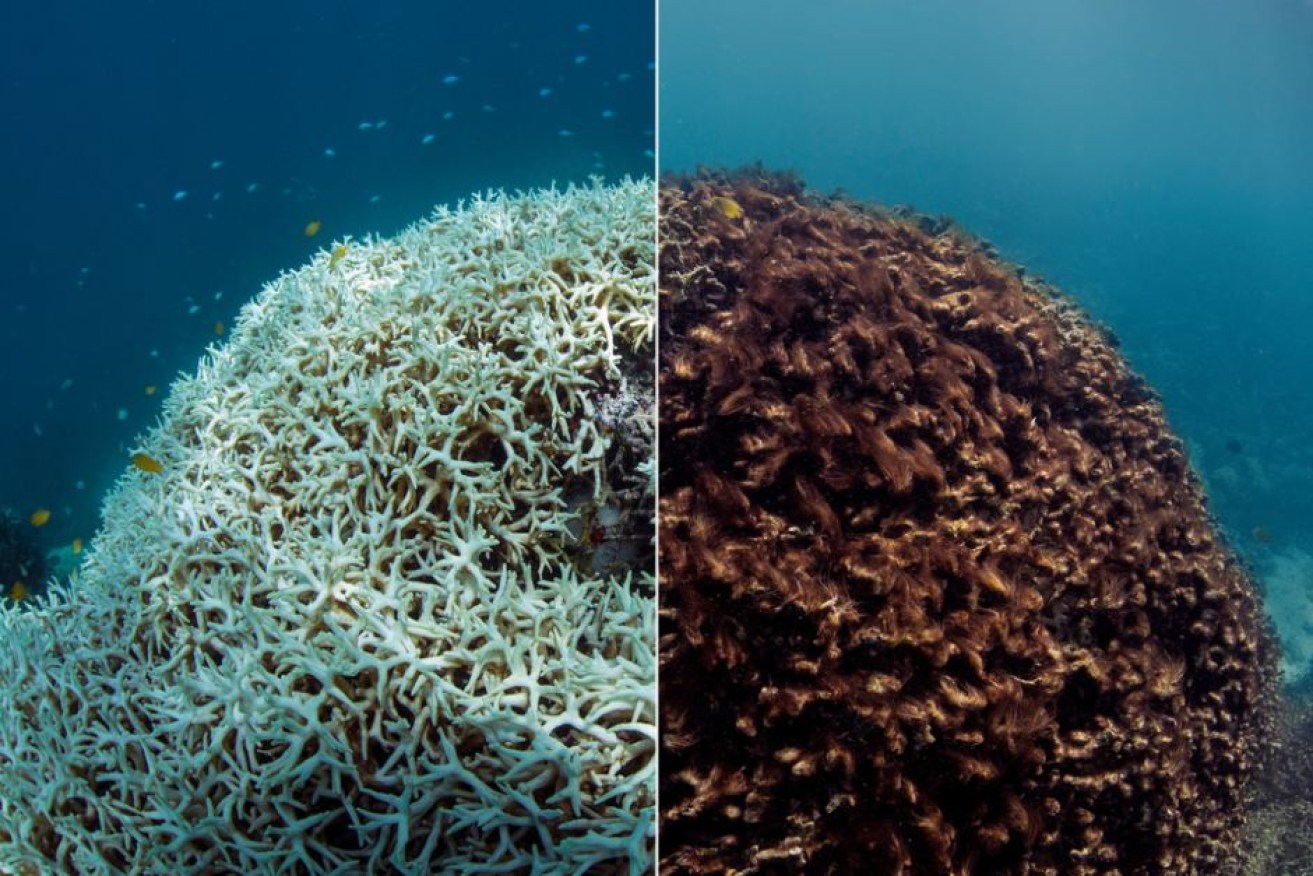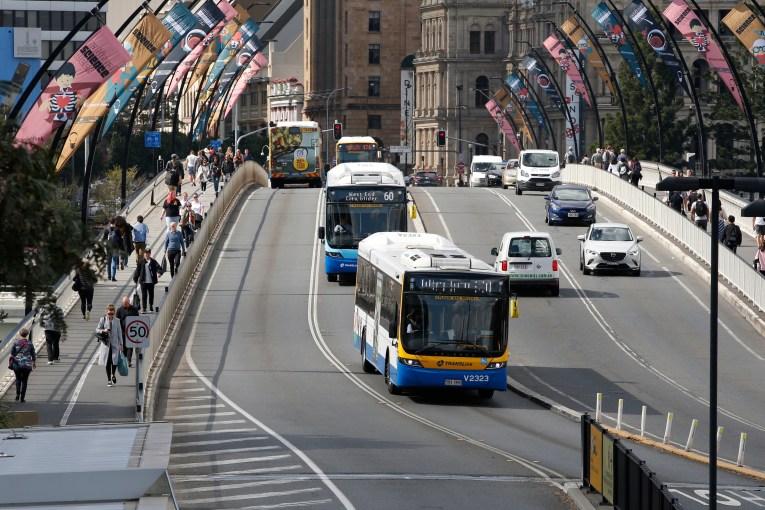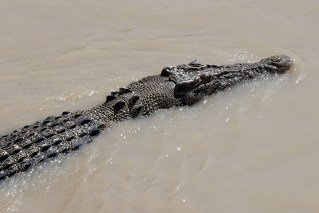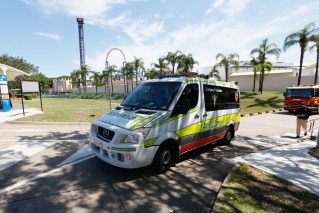Severe bleaching to seriously affect Barrier Reef spawning event

March and April saw the worst bleaching in the reef's history. Photo: XL Caitlin Seaview Survey Photo: XL Caitlin Seaview Survey
A coral reef ecologist says this year’s spawning event on the Great Barrier Reef will be significantly reduced because of a massive bleaching event last summer.
The annual spawn, which is vital for the reef’s reproduction, is expected after the new moon in October or November.
The director of reef recovery at the Great Barrier Reef Marine Park Authority, Dr David Wachenfeld, said it would follow the worst bleaching event in the reef’s history in March and April.
He said areas in the far north that were worst affected were unlikely to see much action, because many of the corals were dead and those that appeared to be recovering remained highly stressed.
“That reduces its ability to produce sperms and or eggs and that in turn reduces the reproductive output,” he said.
Dr Wachenfeld said because scientists had never seen bleaching so bad, the possible consequences were unknown and it could take several years of spawning to undo the damage.
“We’re going to have to wait for at least five years before we understand how much recovery or not is happening on those reefs that were badly affected.”
Southern areas of the Great Barrier Reef are expected to spawn as normal but Dr Wachenfeld said the currents go the wrong way for the sperm and eggs from the south to help re-seed the north.
“Although we’re expecting fairly normal spawning in the southern Great Barrier Reef, that spawn will simply create more coral in the southern Great Barrier Reef,” he said.
Dr Wachenfeld said the reef was good at recovering from impacts like bleaching but further heatwaves, cyclones and crown of thorn starfish outbreaks, would threaten its future resilience.
“The concern is that if the impacts become big enough or frequent enough then the resilience will be lost and we just won’t see that recovery any more. That’s what we’re concerned about for the future.”

Southern areas of the Great Barrier Reef are expected to spawn as normal despite signs of bleaching. Photo: AAP
-ABC







